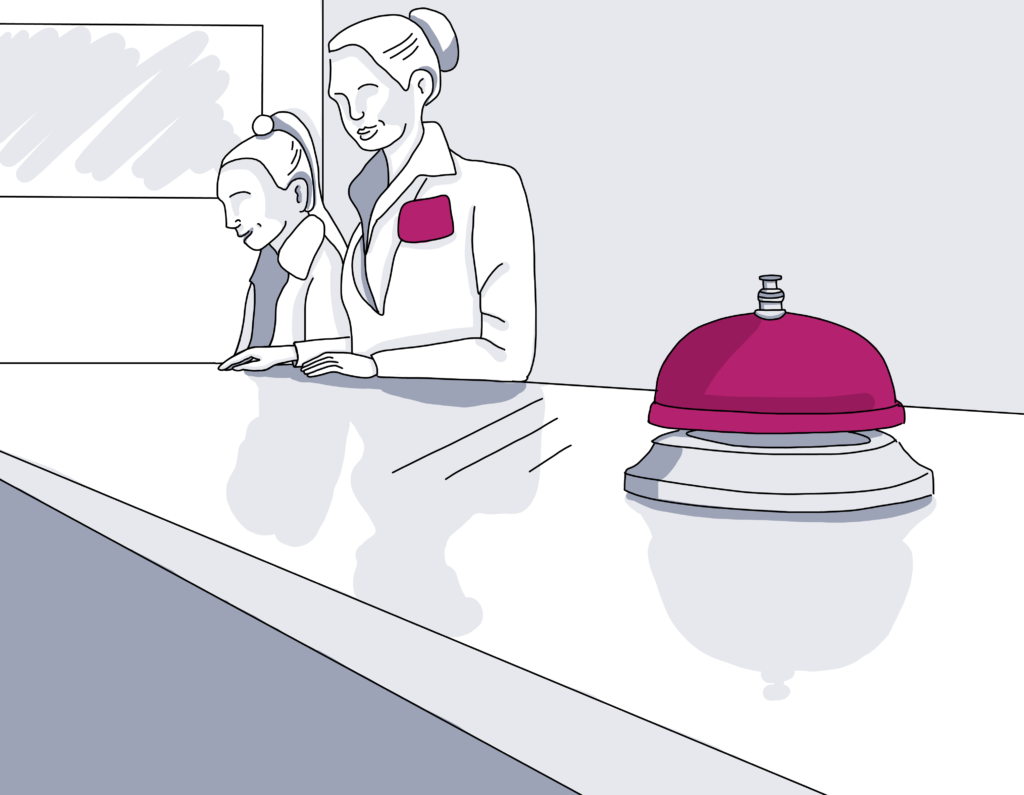
What Is Hospitality and What Does Hospitality Mean?
What does hospitality mean to you in your role? How do you show event clients amazing hospitality at your venue?
We decided to define the elusive question by asking the hospitality professionals who show it to clients day in and day out.
Defining What Hospitality Means and What Hospitality Is
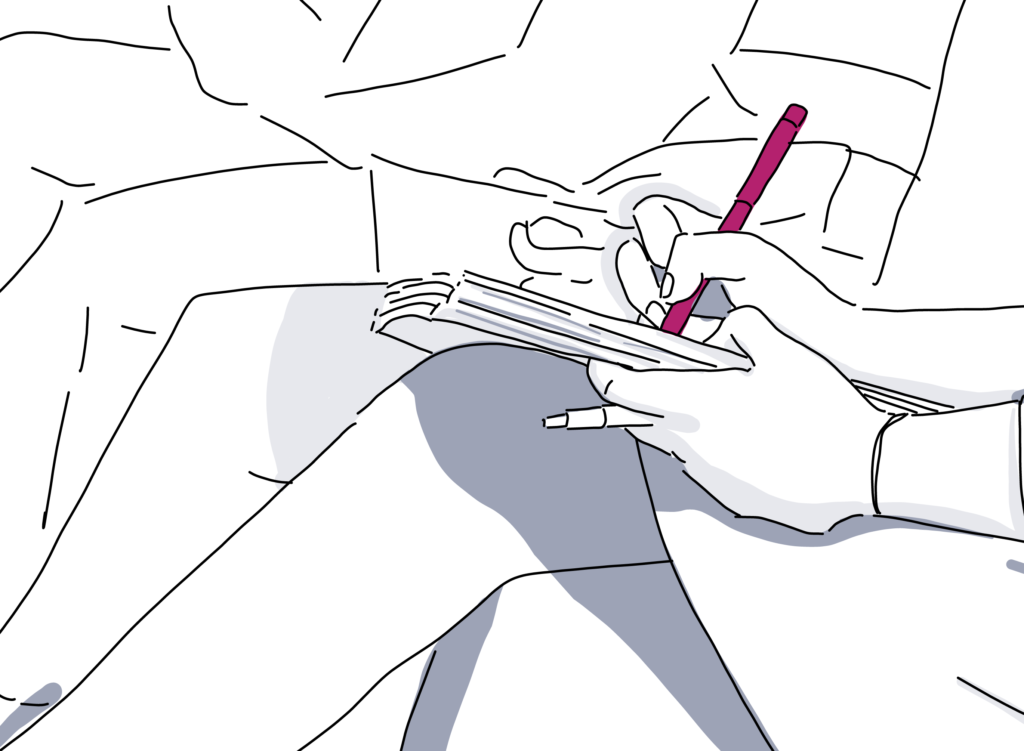
When figuring out what hospitality even means in the events industry, we looked to define it first.
- Merriam Webster’s Dictionary defines hospitality as, “generous and friendly treatment of visitors and guests or hospitable treatment.”
- Dictionary.com goes further to define it as, “the friendly and generous reception and entertainment of guests, visitors, or strangers.”
For those working in hospitality, this transcends only working in hotels or food and beverage. This extends to anyone providing pieces of an event that provides a friendly, welcoming environment that defines hospitality.
What Does Hospitality Mean for Hotels in the Digital Age?
As a hotel owner or staff member, your first and foremost job is ensuring that your customers are satisfied. But so what does hospitality mean in a world where customers can get what they need at their fingertips? In the digital age, what does hospitality actually mean?
There are a few things that we think are more important than ever and can set your property apart from your competitors.
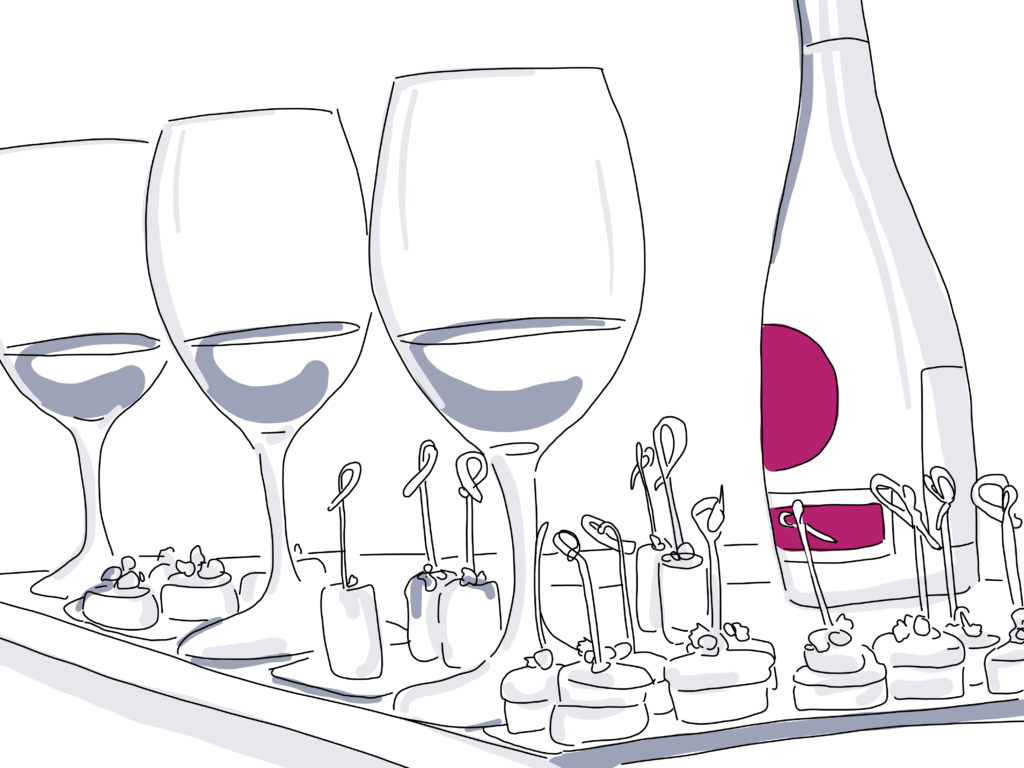
1. Be prompt, responsive, and specific with feedback
The digital age means that consumers are always looking for reviews and information about hotels and properties. Good hospitality – and frankly good business – means you need to be as prompt as possible when responding to both positive and negative feedback from guests.
When you are prompt with guest feedback, be responsive and specific as well. This means answering that feedback directly. If a consumer complain comes in, a simple, apologies for the inconvenience won’t cut it. Finding ways to earn trust back can mean the world to a customer. Even if feedback is negative, many consumers will respond that management was sympathetic to their plight and attempted to solve the problem.
The same goes for your online presence. If a customer leavse a negative online review, take the time to respond promptly.
[Tweet “What does it mean to be hospitable when customers can get what they need at their fingertips?”]
2. Positive feedback provides a sales opportunity
What does hospitality mean if the customer has a positive experience? That means you’ve done your job!
The internet is full of deals, coupons, and opportunities for consumers. What sets a property apart from others is that positive feedback and nothing is worth more to your business. However, don’t miss the opportunity to get it.
In the digital age, you must take every opportunity to differentiate yourself and your hospitality from others. When you receive positive feedback, thank the customer and then insert a statement about another area where you are looking to improve or are trying to emphasize. Someone taking the time out of their day to give you a positive review is more likely to come back to your property. They’ll view your response as an example of showing digital hospitality.
3. Tell customers what you’re going to do, what you are doing, and what you did
Providing solid customer service encapsulates a big portion of hospitality. And the best way to manage customer expectations is to be clear in the message. Tell them what you’re going to do, what you’re doing while you’re doing it, and then tell them you’ve done it.
Oftentimes, customer frustrations arise when they feel they aren’t being heard. What does hospitality mean in this situation? It means keeping customers informed every step of the way, digitally especially, to show they’re heard.
On the flip side, the digital age has increased the number of distractions and the things competing for customer’s attention. In order to keep your hospitality in the top tier of your visitor’s minds, you have to stay top of mind. Are you getting a brand new lobby bar? Start a marketing campaign keeping customers informed about the process. Then, when it’s complete, tell them about the grand opening celebration. Showing customers that they’re part of the process is a unique way to show hospitality.
4. Add a touch of personalization
More and more, customers are expecting their visits to be customized to them. Keeping up with hospitality means doing as much as you can to meet this desire.
Amazon Echo or other digital assistants inside guest rooms is a great way to add personalization without putting personal information at risk. If the guest visits your property often, keep a file on the different activities they’ve participated in or restaurants they’ve dined in. The next time they arrive, offer coupons or discounts for the same or similar experiences. Additionally, in between visits, send your guests emails about experiences they’ve participated in when they’ve stayed with you.
How about showing personalization in smaller steps? Instead of your generic email, ensure you use the customer’s first name in the subject line and salutation. Ensure that your employees greet and interact with the guest by name as much as possible. And, customize check-in folders, and guest key card envelopes.
The digital age places a larger emphasis on hospitality. Ensuring that your visitors feel that their stay is special, the better you’ll be able to differentiate yourself from your competitors.
20 Ways Event-Focused Hotel Employees Can Elevate Hospitality

There’s a lot you can do to collaborate with event planners. Here are some creative ideas to get you started!
1. Giving event planners insider information on important people.
Briefing the event check-in staff on repeat guests and VIPs will help them provide better service. Share details like seating preferences, membership status, and accessibility needs to help them better manage your best clients. You can even offer to personally meet them at the entrance and walk them through the check-in process.
2. Provide access to collaborative event plans.
Knowing the details of the event (what it’s all about, how guests can benefit from attending) can help sell more tickets. And, at the very least, hotel staffers will be able to answer questions. Guests often assume that front desk representatives and greeters know the inner workings of everything at the hotel anyways.
3. Have backup options for event music ready to go.
Last minute DJ cancellations, busted speakers, and equipment rental delays are more common than you might think. Fortunately a solid hotel sponsored phone or laptop hooked up to popular playlist apps like Spotify will do in a pinch. You can also prepare user friendly manuals (with photos and quick start instructions) for sound technology just in case an inexperienced event staff member has to take on the role.
4. Brainstorm supplemental add-ons or upgrades you can offer event attendees.
For example, if they’re attending a business conference, sell them on a relaxing spa day after they’ve finished work. Or suggest a local happy hour where they can continue mixing and mingling with attendees and locals. Viewing the experience from their perspective can be helpful. But keep in mind that you really don’t have to go too far out of your way either. Chances are you already have something fabulous on your hotel menu that might not have thought of for themselves.
5. Incentivize repeat business by partnering with event hosts to give away special discount codes.
Get repeat attendance by starting ticket sales for next year’s event right now. Share unique links or use the hotel employees’ first names as the referral code. That way they’ll get credited for the upsell. You can even turn it into a contest with a cash prize or a giveaway. The best hotel employee incentive programs offer things like a 30 minute massage at the spa, a free dinner at the hotel’s restaurant, or a gift card for popular ecommerce sites like Amazon.
6. Seek out complimentary local events to recommend to guests.
For example, if guests are visiting for a music festival, let them know about the annual chili cookoff locals like to attend nearby. The key is to pick something you or a colleague has been to and can verify its quality. It’s also great to search within the Facebook Local app to find something slightly off the beaten path on any given day.
7. Add event ticket upselling to your front desk and greeter scripts.
If the event promoters have an add-on experience or side event they’d like their guests to attend, have your staff tell them. Limit the offer to a line or two. And make sure to powwow with the event team to get more information on ways they can personalize the exchange with this particular audience.
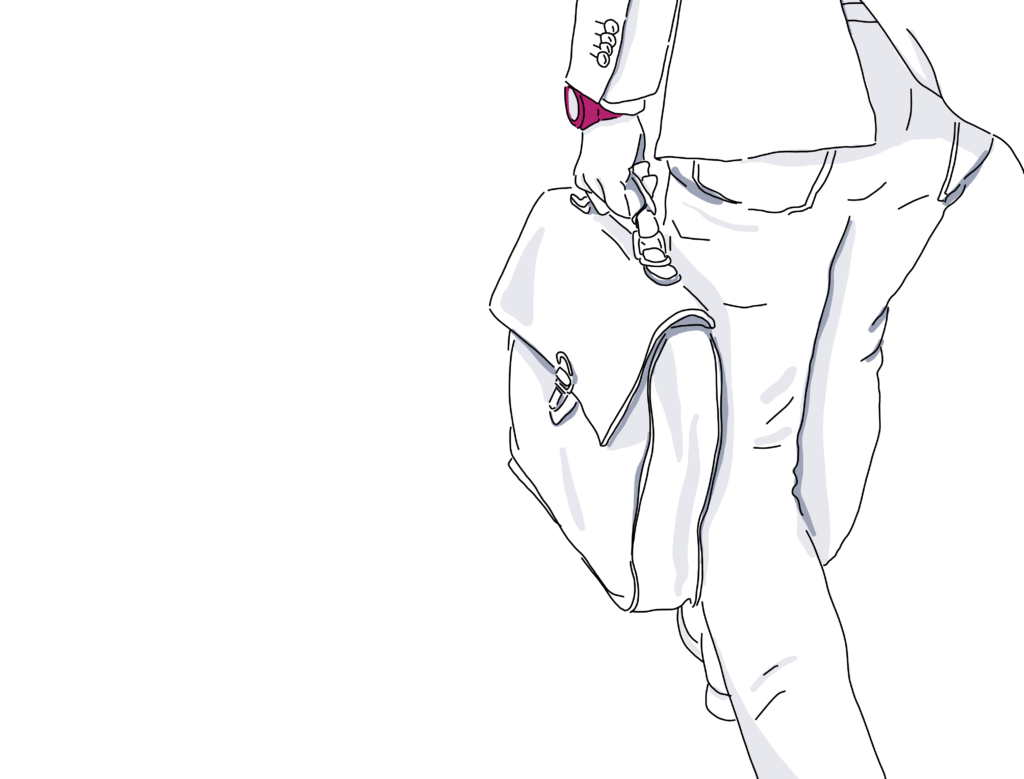
8. Create a unique, special offer that only event attendees can use.
For example, free spa amenities pass or a complimentary fitness evaluation in the workout room are an extra special treat anyone can appreciate. And, if it’s popular enough, you may even want to add it to your services menu in the future. Again, you can choose something that makes sense with your hotel’s theme and amenities as well as the event’s overall purpose.
9. Offer the event planner a presentation and technology assistant.
Sometimes, in the heat of the moment, dealing with gadgets and software programs and WiFi can be overwhelming for event planners. They have a lot of people and activities to monitor so help them out by providing a hotel representative who has worked with the equipment before. If you’re low on staff, at the very least designate someone to charge all relevant tools the night before. And purchase backup batteries and auxiliary cords for multiple phone types while you’re at it.
10. Have an event emergency kit on hand.
Yes, you already have the required onsite medical supplies and first aid kits. But event emergencies are a different beast entirely. Stock them with extra phone chargers, tealight candles, extension cords, permanent markers, zip ties, a variety of tapes, and a basic tool box.
11. Keep a list of trusted local vendors that you can call in case the event host experiences last minute cancellations.
It happens from time to time. And hotel employees can help by keeping a list of partners on hand for emergencies. Just make sure you communicate with these vendors to let them know they’re on the list. You can go a step further by keeping a printed copy of their last minute booking policies printed and put into a binder at the front desk.
12. Accumulate information on frequently asked questions and last minute hiccups that event planners experience at your venue over time.
Even if these issues have nothing to do with your space or your employees, you can learn from their experiences. When you do, make sure you have the right tool or plan in place so that if it ever happens again you can help troubleshoot. For example, do event planners tend to forget about their limited access to power outlets? If so, set an email reminder a day or two before each event. Then provide some extra power strips the day of.
13. Have a couple hotel staffers on call the day of the event in case the planners need extra hands.
Event staffing can be tricky. People call out sick the day of or get lost and stuck in traffic. If you can afford to keep some emergency backup assistants onsite, this could be a lifesaver for your event planner. If not, consider partnering with a trusted local event staffing company and strike a deal with them for situations like this one.
14. Invest in some dry erase signage boards to help assist with lobby traffic.
About 3-5 signs max should do the trick for large lobby areas. Keep erasers, markers, and board cleaner on hand too.
15. Prime the waiting area outside the event space to accommodate attendees.
You never quite know where the crowd will want to hang out so have your common areas well stocked. Add extra water pitchers, cups, trash cans and chairs to formal seating areas. And use some folding chairs in areas outside of bathrooms or near the coat check and valet areas just in case.
16. Give event-goers a special discount for onsite laundry, dry-cleaning or tailoring services for formal affairs.
Keeping clothes neat while traveling is no easy task. So if your hotel already offers these services, help attendees look great for the event with coupons or freebies. Or, at the very least, offer them one of these great DIY dry cleaning product samples.

17. Dedicate a convenient section of the valet area to event guests.
Use signage to help them find their loading space. And send out a map of which space event planners can expect to send guests to.
18. Set out extra branded pens and notepads for attendees who may have forgotten theirs.
If a lecturer or workshop is taking place, you’ll have the opportunity to help guests learn as much as possible. It’s also great for branding. For example, you can try doing a limited print of your hotel’s regular notepads but in the colors of the event itself.
19. Give away detailed welcome packets for event-goers with information like the event agenda, parking, etc.
Or, if you’d like to be more eco-friendly, ask to send out a digital copy of the materials to everyone who confirmed their attendance to the event. You can also use this same list to send out your own personal thank you notes after it’s all over.
20. Keep extra name tags on hand for event presenters.
Whether they’re pinned, sticky, or hanging from lanyards, your event planners will really appreciate you having this item around.
Now You Know What Hospitality Means for Event Professionals!
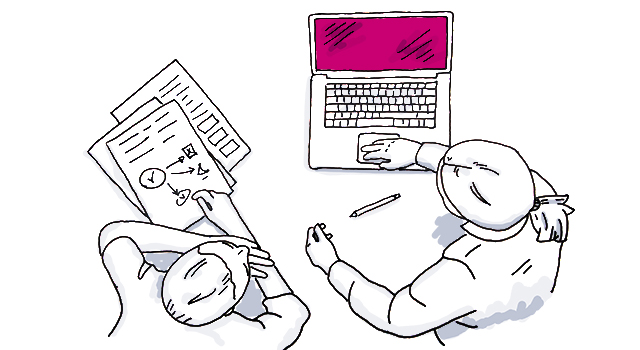
Up next, discover secrets to delivering a personalized experience for groups.
What does hospitality mean to you? Tell us your hospitality stories on Twitter!
Have more questions about what hospitality means?
Merriam Webster’s Dictionary defines hospitality as, “generous and friendly treatment of visitors and guests or hospitable treatment.” It also refers to the industry in which hotels, caterers, and event planners largely operate.
In a job, hospitality means pretty much the same thing as it does in everyday life – generous and friendly treatment of guests and customers.

